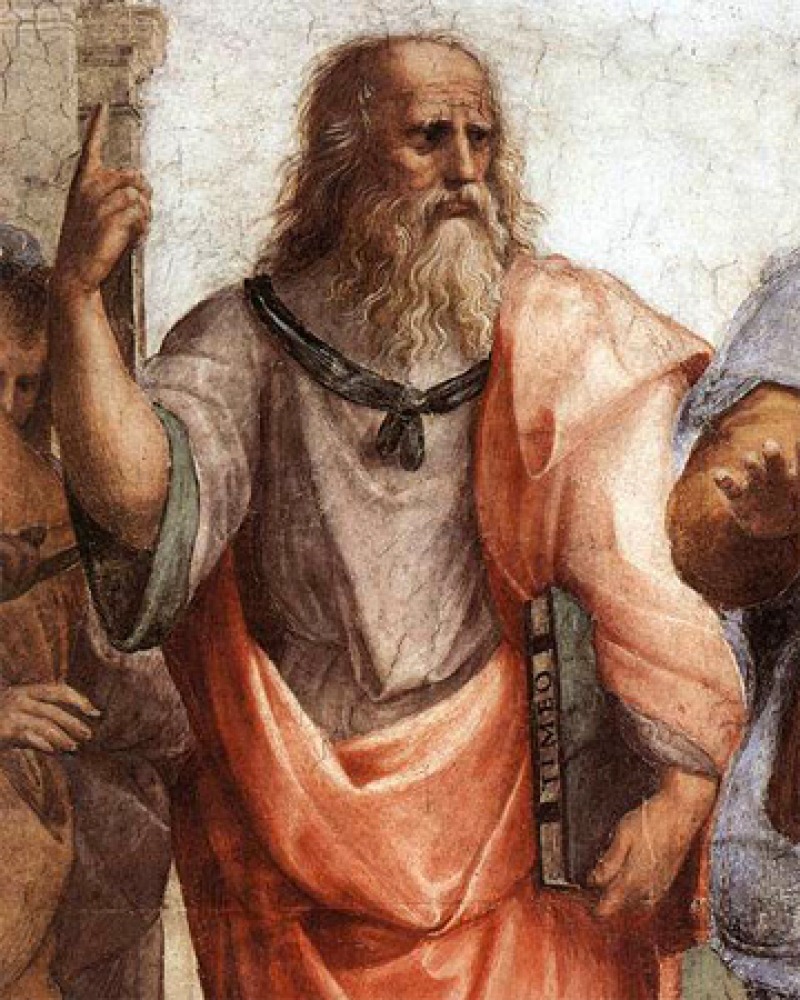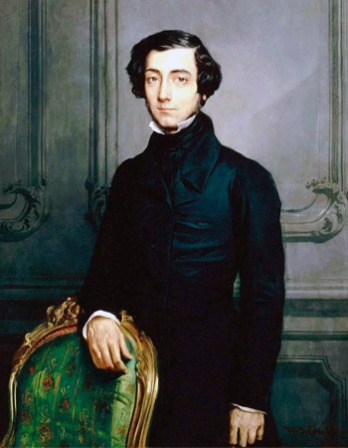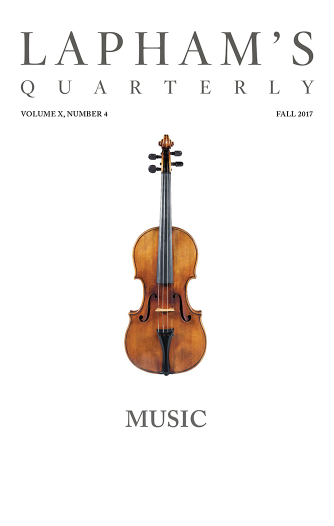
Plato
The Republic,
c. 378 BC
The Republic,
No one willingly chooses to rule and to take other people’s troubles in hand and straighten them out, Socrates said, but each asks for wages; for anyone who intends to practice his craft well never does or orders what is best for himself—at least not when he orders as his craft prescribes—but what is best for his subject. It is because of this, it seems, that wages must be provided to a person if he’s willing to rule, whether in the form of money or honor or a penalty if he refuses.
What do you mean, Socrates? said Glaucon. I know the first two kinds of wages.
Then you don’t understand the best people’s kind of wages, the kind that moves the most decent to rule, when they are willing at all. Don’t you know that the love of honor and the love of money are despised, and rightly so? Therefore good people won’t be willing to rule for the sake of money or honor. So, if they’re willing to rule, some compulsion or punishment must be brought to bear on them; perhaps that’s why it is thought shameful to seek to rule before one is compelled to. Now, the greatest punishment, if one isn’t willing to rule, is to be ruled by someone worse than oneself. And I think that it’s fear of this that makes decent people rule when they do. They approach ruling not as something good or enjoyable, but as something necessary, since it can’t be entrusted to anyone better than, or even as good as, themselves. In a city of good men, if it came into being, the citizens would fight in order not to rule, just as they do now in order to rule. There it would be quite clear that anyone who is really a true ruler doesn’t by nature seek his own advantage but that of his subject. And everyone, knowing this, would rather be benefited by others than take the trouble to benefit them. So I can’t agree that justice is the advantage of the stronger—but we’ll look into that another time.





